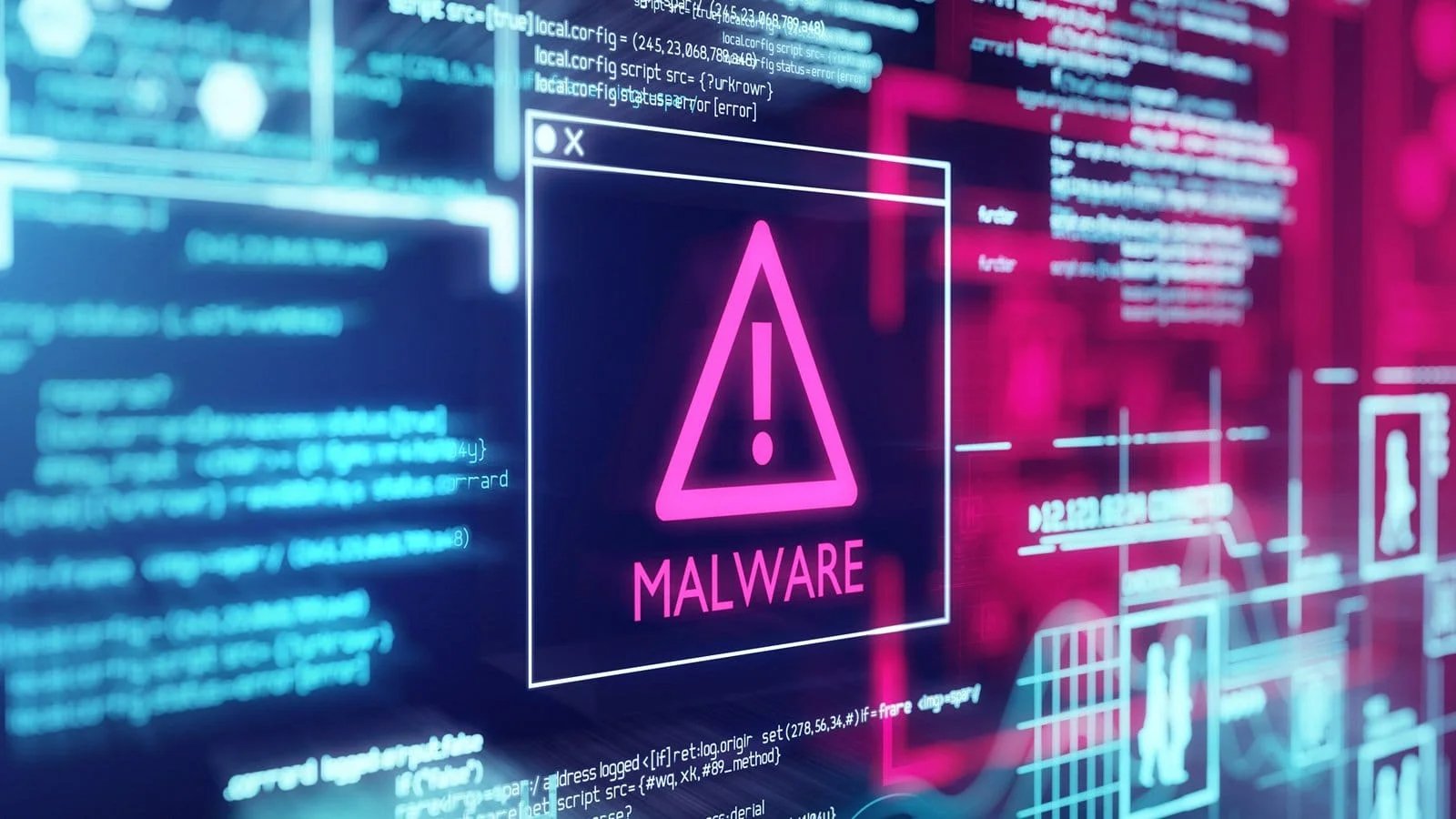A recent ad on television relating to medical companies, started off with a proud boast about how “we” had defeated polio and smallpox (etc) through brilliant scientific research advances.
I have no problem at all with being proud of virtual eradication of those diseases from much of society and it will be a great day for humanity when polio joins smallpox as being entirely eliminated around the globe.
What I do object to is the implication in the ad that this has somehow come about through state-of-the-art modern research and science.
In fact, vaccines to deal with polio were developed in the 1950s and Smallpox by an Englishman called Edward Jenner in the 1790s. Yes, the latter is over 200 years ago (in fact, there were even experiments before Jenner) but that hasn’t stopped today’s high achievers vaguely implying that it’s attributable to modern science.
In practice, I’d argue that the pace of scientific advancement has slowed down hugely over the last 30 years or so. Back in the late 1970s early 1980s they had supersonic passenger transport, computerization, they’d sent men to the Moon, had color television in the home, telephones, early personal computers and even portable telephones of a sort.
The typical home or business of say 1980 was unrecognizable to a similar environment of 30 years before in 1950. Today, if you ignore some of the odd hair styles and fashions, the world of 1980 doesn’t look vastly different in many respects.
Yet we are continually told that the pace of change gets faster every day and how we can all look forward to bright and assured futures courtesy of the white-hot world of technology and science.
Well, how much of that is manifesting itself to us today?
OK, our cell phones are a lot smaller and lighter. You can take photos with them and get them to play music. That’s sure going to revolutionize society because walking along in the street listening to your MP3 tracks is just so fundamentally different to what teenagers could do in 1950 with their mini portable transistor radios of the time.
The ability to phone anyone easily or text them likewise, has also made a massive and beneficial change to our society. Just think, while walking along in the street for example, you can now text half a dozen of your friends at the same time and tell them that you’ve just seen a woman passing by wearing a funny hat.
LOL! How did our parents and grandparents in the 1960s cope!
Then there is the proud boast that smart devices in our pocket will be able to access the net and revolutionize our lives that way. That’s fantastic because it now means that while waiting for a bus, you can access your e-mail and pick up your friend’s latest communication telling you that they have seen another funny woman walking past in the street wearing a strange hat. LOL! You can split your sides laughing.
Of course, the real big benefit of net-enabled devices is the vast amount of information that is made available to you at the touch of a button. Of course, miniaturization means now that the buttons on these devices are so small that you can’t really touch them easily anyway but if you do manage to, you’ll be able to get lots of current information on what a ‘personality’ you’ve never heard of is doing right now on the other side of the country.
We shouldn’t really forget video calls. Now you’ll be able to see on your tiny screen, an even tinier image of your friend who, in a pixelated and breaking up video stream, is telling you that they’ve also seen yet another woman wearing a funny hat. Mega-LOL!
Another huge advantage is the ability to work on your tablet as you travel on the subway, train or bus. That’s fantastic because it now means you’ll be able to do even more work for the same pay. Your boss will be dancing in the street at the thought of that one. Even better – you’ll be able to work at home in what you used to call, in the terrible old days, your ‘private time’!
It’s heaven on earth for bosses. Pity about the effect on your family, friends and psychological wellbeing but we can’t have everything can we?
That’s assuming, of course, that your precious and expensive device isn’t stolen while you’re in the middle of trying to carry it around and work on it in public places. Hey, while you’re working a photo has just come in – it’s one from a friend and contains a snap of a passing woman wearing a strange hat. Even more LOL!
Yes, I know, some of this technology is amusing and sometimes very useful but I worry about whether or not we’re investing too much in making trivial and unimportant things ever more conveniently trivial and unnecessarily more important. It’s become a total obsession in our society and may be distracting our attention away from what’s really important and where we should be focusing our brainpower and money.
In other words, is the latest gadgetry and gimmickry leading to us being under-interested in and under-funding, radical new science as a result?
For example, we still haven’t entirely defeated HIV after 30 years or so – nor numerous other very nasty viruses including the every evolving influenza family.
People in many parts of the world continue to starve and suffer from appalling diseases that we either can’t cure or won’t pay to deploy a cure for.
It now takes longer to get from London or Paris to New York that it did over 30 years ago. We have no real answer to global energy problems or even a conceptual idea of how to deliver clean and unlimited energy to all. Talk about fusion continues to be in the context of decades if not centuries and solar looks unlikely to be a major global player.
A cure for many forms of cancer continues to elude. In fact, the principles of much of our treatment for various types of cancer (basically cut, poison and radiate) haven’t really changed for over half a century or more.
Many debilitating diseases are still incurable and some are not much better understood than they were 50 years back. Age-related treatments still revolve largely around keeping fit and eating healthily which, while laudable, are hardly the cellular elixirs of youth promised by science 40 years ago.
We’re still depleting the planet’s resources at an appalling rate (and polluting that which we don’t deplete) – something that the environmentalists of the 1970s would not have believed to be a likely scenario in the 21st century.
So, against that backdrop, it’s not that easy to see where all these new gadgets fit in and whether or not science can afford to be quite so self-congratulatory. This is not to say that those few exceptions of ingenious individuals who have developed add-ons to the smart phones for diagnosis of disease is not admirable – they are indeed admirable.
The issue here is the rate and nature of technological development. I have to say that I’m sick of the hyperbole and hype surrounding domestic technology gadgets.
When one day we can give the latest phone to someone who has a serious illness and say “this will cure you” or to a child in the third world that’s starving and say “this will feed you” – then maybe I’ll love gadgetry that bit more.






